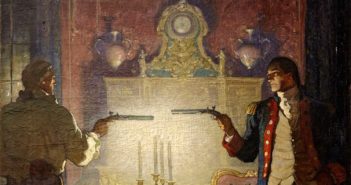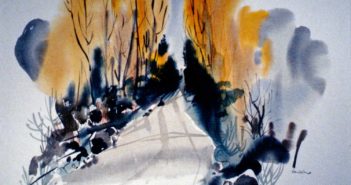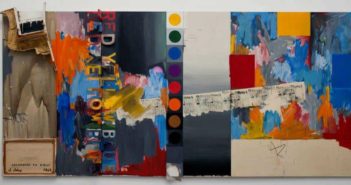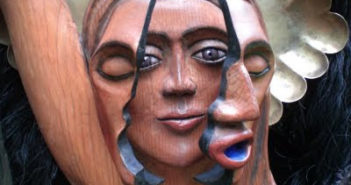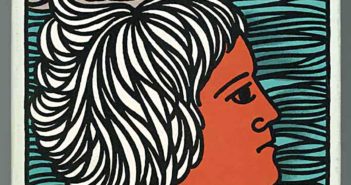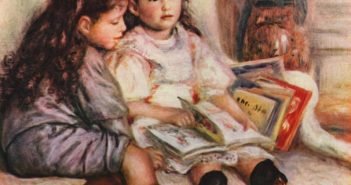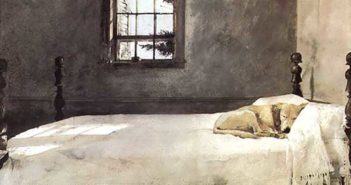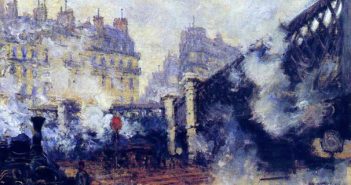
Art Potion
Here, in France, potions are in fashion. Miraculous mineral waters, copper bracelets, Thalassotherapy, algae injections, mud activities, the pleasantries of colonic irrigation — there are ways of purging the bad stuff from the lungs, brains and bowels. Going by the number of Boxters and Beamers parked outside the fashionable Miramar in Arzon, Brittany, it would appear that the schemes that sell some of these elixirs are big business. Perhaps it’s got something to do with the perennial French interest in “The Cure.” I overheard one woman say, “Thalassotherapy has better odds than Lourdes.” As an aside, in my opinion, these folks aren’t getting enough roughage.

